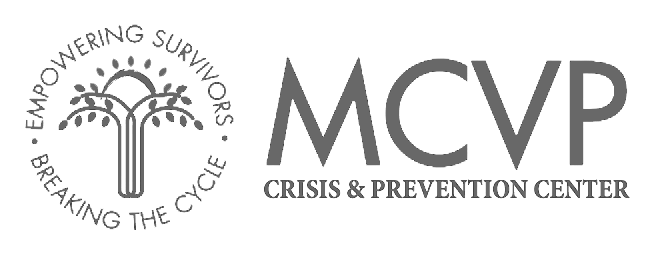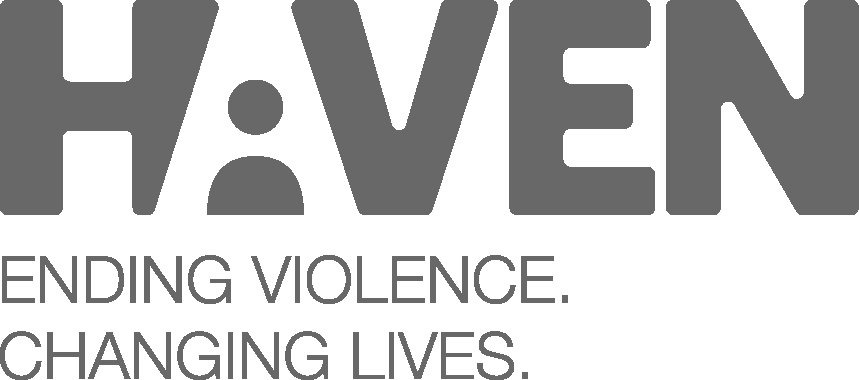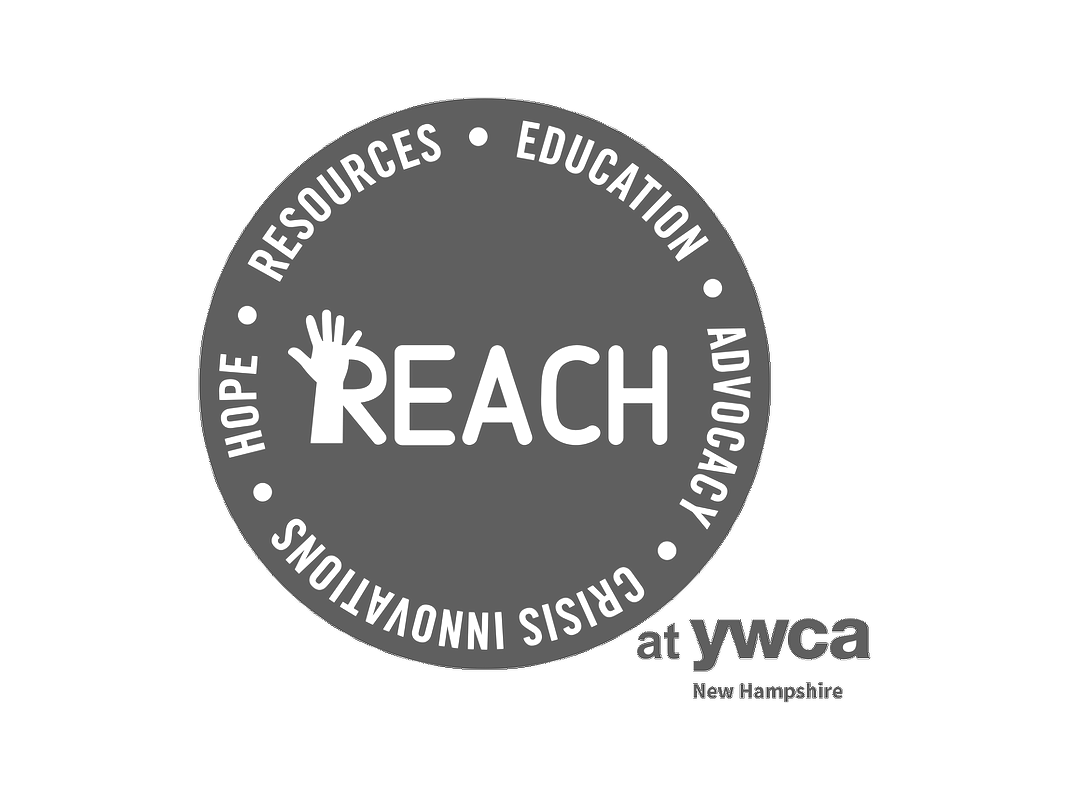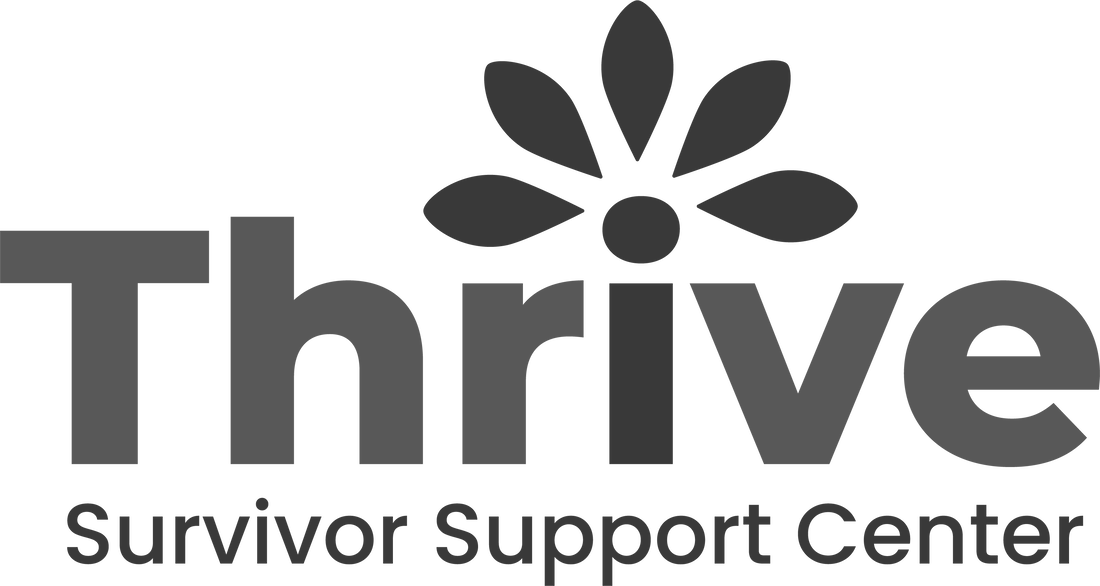GET HELP NOW
|
Since the pandemic began, one of the ways the Coalition has been able to expand our outreach is through the generosity of our community allies and the power of radio. Kristina McNamara, a 25 year old sales and marketing assistant at iHeartMedia NH, was compelled to reach out after she read an article about the impact of the pandemic on survivors of abuse. "These causes are close to my heart, and after reading about a rise in abuse worldwide during the coronavirus crisis, I felt the desire to help on a local level. With the help of my team and managers, iHeartMedia produced a PSA message raising awareness for the 24/7 Coalition helpline to run across our seven NH stations, including on Greg and the Morning Buzz! I’m grateful to work for a company with a platform to raise awareness on such a large scale. I believe change happens in our backyards, and no act of kindness is too small. Now more than ever, we need to step up for our fellow humans and show them we care." And this October to highlight Domestic Violence Awareness Month, Manchester Radio Group and Bellwether Community Credit Union will generously be running multiple PSAs and banner ads on five different popular radio stations to raise awareness, help galvanize support for survivors, and encourage the public to take action to help end abuse in their communities. Marga Bessette of MRG Station WZID recently interviewed the Coalition's Executive Director Lyn Schollett on the morning show Eye on NH. You can hear that interview here: Our thanks to people like Kristina and Marga, and iHeartMedia NH, Manchester Radio Group and Bellwether Community Credit Union for their generosity and partnership.
June 2020
We are angered and heartbroken over the murders of George Floyd, Breonna Taylor, Ahmaud Arbery and far too many other black victims of racism and oppression. We stand with communities of color across the nation who call for justice and reckoning within our nation. We are listening, we are learning. We are looking internally at our own policies and actions to see how we can do better within our own organization to confront racism and improve our response to survivors of color. We are looking to BIPOC leaders in our movement to share their messages and amplify their voices in or work. Please read this powerful message from the National Center on Violence Against Women in the Black Community: READ IT HERE By Scott Hampton, Psy.D.
Everyone has been affected by this novel coronavirus, including those of us who work to eliminate domestic abuse. At this moment, I’m speaking specifically from the perspective of someone who provides supervised visitation services.[1] The current public health crisis is forcing us to rethink all that we do. Can we continue to provide “safe” parent/child access services (i.e., services that offer protection not just from domestic abuse, but from COVID-19-related health risks as well)? And if so, how and for which families? And what will happen to, or within, families that we are not currently able to serve? What else can we do for them? Being advised by the CDC to stay physically apart [2] has done nothing to prevent us from coming together (albeit remotely) in search of answers to these important questions. One of our many strengths has always been our ability and willingness to work collaboratively as a community with a shared vision. To that end, there is no shortage of providers[3], victim advocates and other community partners, technical assistance teams (such as Inspire Action for Social Change and the Center for Court Innovation among many others) who, with the backing of the Office on Violence Against Women, are engaging in conversations, developing plans, offering webinars, etc. Locally, and much more widely throughout this country and beyond its borders[4], we are learning what we need to change to best serve the families that come to us for help. New, but not so new: “Unprecedented times.” “Challenges we have never faced before.” True enough. But also, strangely familiar. For example: Consider “social distancing”. Staying a certain distance apart for fear of harm? Isn’t that one of our specialties in the anti-domestic abuse field? We refer to those as no-contact provisions of bail orders, or civil protective orders, PFA’s, OFP’s, etc. Call them what you will but we’ve been utilizing them for decades. And at a supervised visitation center, isn’t keeping parents a safe distance apart, an essential component of our services? Separate parking lots, separate entrances/exits, separate waiting areas, separate sides of the Center. We’re not just familiar with the importance of separation, but designing and insisting upon separation is our bailiwick, our raison d’être (i.e., a place where a non-custodial parent and child can spend time together in a way that is safe for everybody, in part because the parents never have contact with each other while at the Center). Of course, the similarities between these two public health emergencies (i.e., COVID-19 and domestic abuse) don’t stop there. What about screening for warning signs? The CDC has published, and continues to update, their list of common COVID-19 indicators (e.g., fever, dry cough, tightness in the chest, headache, shortness of breath, loss of sense of smell, etc.)[5]that help us to identify those who pose the greatest risk of infecting us. Similarly, many law-enforcement officers screen for risk on a DV call with the Lethality Assessment Protocol[6](or similar tool), for the same reason that visitation centers use deputy sheriffs to check bags and wand family members upon entry to their Center. The generic version of the question for all of these situations is the same: “Does contact with this person pose a threat to me and/or others?” Communicable diseases: The common denominator between these two public health concerns, is that both COVID-19 and domestic abuse are communicable diseases with devastating, sometimes fatal outcomes.[7][8]Both involve one person (wittingly or not) transmitting something of harm to another. In neither case, is the person strictly the problem. In both cases, the problem is what they are spreading. Even our interventions are similar. To prevent further transmission, we offer education: For example, COVID-19: “Wear masks, keep a safe distance apart and wash your hands often.” Domestic abuse: “Give up coercive control and adopt healthy relationship skills.” More immediately, in high risk cases, we might speak of confinement: 14-day quarantines for COVID-19, and incarceration or jail sentences for domestic abusers/shelters for victims. COVID-19 as a new tactic of control: As we pull on this string further, we might notice that not only are these two public health problems similar, but they also interact with one another in such a way that the risks of one, enhance the risks of the other. In other words, domestic abusers have been able to exploit both COVID-19’s impact and society’s response to that virus in such a way as to enhance their coercive control over their victims. Indeed, the pandemic has increased both their inclination and opportunity to abuse. For example, one such person reported, “I’ll tell her that I was exposed to someone with the virus. That way, she’ll have to stay home with me for 14 days.” Consequently, it should come as no surprise that as the general crime rate has decreased significantly during the COVID-19 pandemic, reports of domestic abuse have increased.[9] In the middle of every difficulty, lies opportunity -Albert Einstein In response, the COVID-19 pandemic has increased both my inclination and opportunity to reflect upon how we think about and address the other pandemic, the one that has been around much longer than the novel coronavirus: namely, domestic abuse. Historically, no one has wanted to discuss that “dirty little secret,” that “private family matter,” “what happens behind closed doors.” It has made us uncomfortable. We haven’t even wanted to admit that it happens. In contrast, everyone is talking about COVID-19. Wall-to-wall coverage in the news. It’s virtually unavoidable. Perhaps we can use the tremendous focus on this new disease as a lens through which we can shine a different light on the domestic abuse pandemic that has lasted way too long already. COVID-19 has encouraged us to reexamine the assumptions and procedures at our own visitation center in Strafford County, NH. Our lengthy exploration, on route to developing our virtual visitation model, (a summary of which will be the focus of the next “Reflections”) reminded me that sometimes, and paradoxically, the more we learn, the less we seem to know. Ultimately, if all goes well, we will learn so much that we will know practically nothing. Only then, with the clutter removed, can we become the great listeners that the families we serve need us to be. Scott Hampton, Psy.D. 4/26/20 Dr. Scott Hampton is a leading expert in the fields of domestic violence and sexual assault. Currently, he is the Executive Director of Ending the Violence, a New Hampshire-based organization that provides educational classes to perpetrators of domestic and sexual violence. He is also the founder of the Consexuality Project, a sexual violence prevention initiative, and is author of Tolerant Oppression: Why promoting tolerance undermines our quest for equality and what we should do instead. In 2019 he was interviewed for his work in the award winning news series "Fighting Back" by Alyssa Dandrea of the Concord Monitor. Read more of Dr. Hampton's essays at Ending the Violence. For coronavirus resources for survivors in New Hampshire click here. [1]While I have benefitted and continue to learn much from the people and agencies referenced in this series of Reflections, that in no way suggests that any of what is written here represents their views. Consequently, any incoherent ramblings or misstatements that you might detect in these documents are entirely my fault. [2]https://www.cdc.gov/coronavirus/2019-ncov/prevent-getting-sick/index.html [3]“The Supervised Visitation Network is an international membership network that establishes standards, promotes education and advances professionalism in the field of supervised visitation.” https://www.svnworldwide.org/ [4]See, for example: https://www.judiciary.uk/announcements/coronavirus-crisis-guidance-on-compliance-with-family-court-child-arrangement-orders/ [5]https://www.cdc.gov/coronavirus/2019-ncov/symptoms-testing/symptoms.html [6]https://lethalityassessmentprogram.org/about-lap/how-lap-works/ [7]As of April, 26, 2020, COVID-19 had claimed over 200,000 human lives worldwide, more than 50,000 of which were suffered in the United States. https://coronavirus.jhu.edu/map.html [8]For example, in NH each year, we find that half, if not more, of all homicides are DV-related. https://www.doj.nh.gov/criminal/victim-assistance/documents/domestic-violence-report-2017.pdf [9]https://www.usatoday.com/story/news/investigations/2020/04/04/coronavirus-crime-rates-drop-and-domestic-violence-spikes/2939120001/ |
essays and reflectionsThe Coalition's blog site will post contributions from allies, community partners and volunteers. Archives
October 2020
Categories |
Our Supporting Partners
The 12 member programs of the New Hampshire Coalition Against Domestic and Sexual Violence provide services regardless of gender,age, health status (including HIV-positive), physical, mental or emotional ability, sexual orientation, gender identity/expression, socio-economic status, race, national origin, immigration status or religious or political affiliation.
Funding for this website was provided by The Corporate Fund.
New Hampshire Coalition Against Domestic and Sexual Violence
PO Box 353, Concord, NH 03302-0353
(603) 224-8893
New Hampshire Coalition Against Domestic and Sexual Violence
PO Box 353, Concord, NH 03302-0353
(603) 224-8893
NH web design by Harbour Light Strategic Marketing





 RSS Feed
RSS Feed












